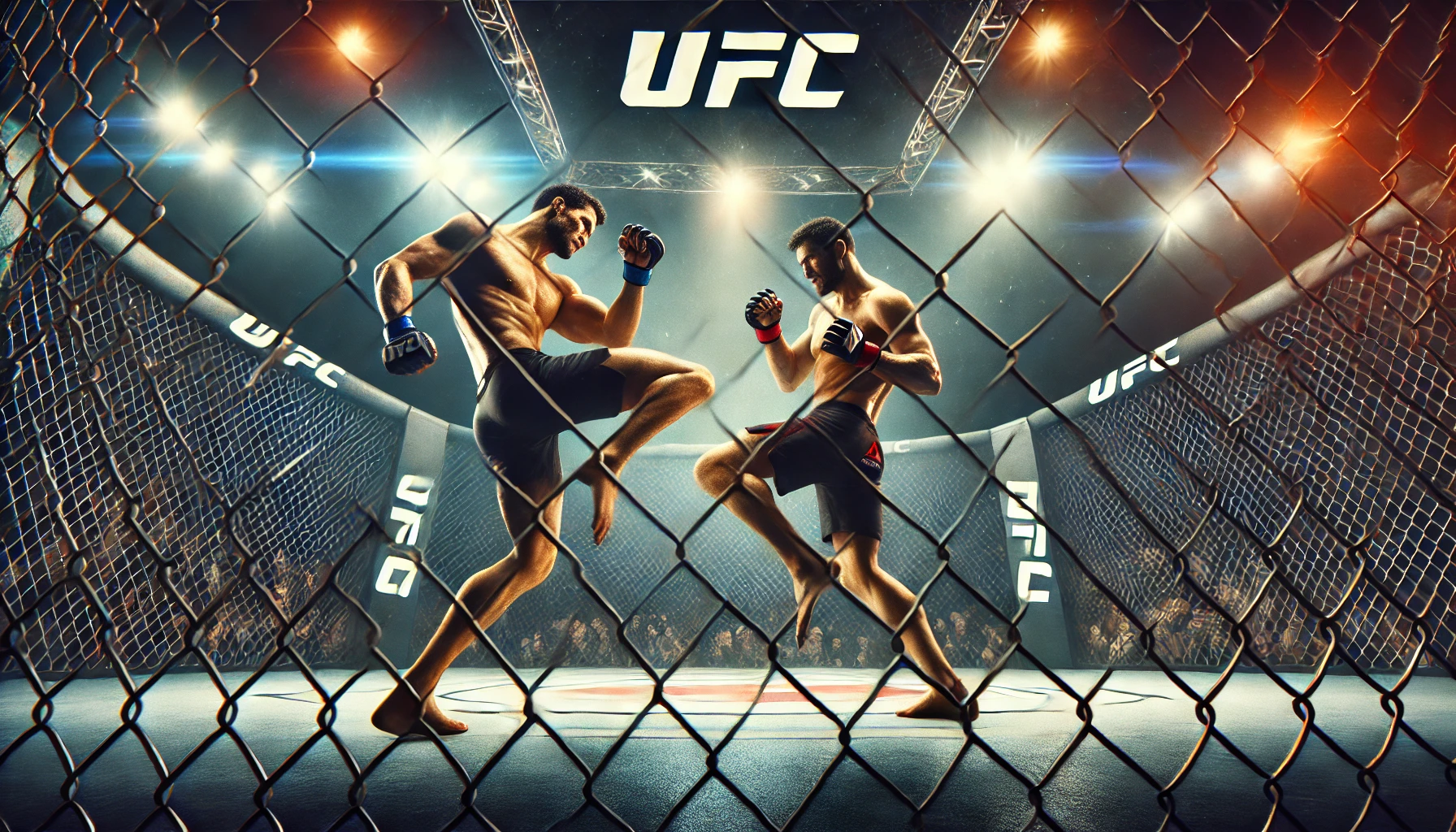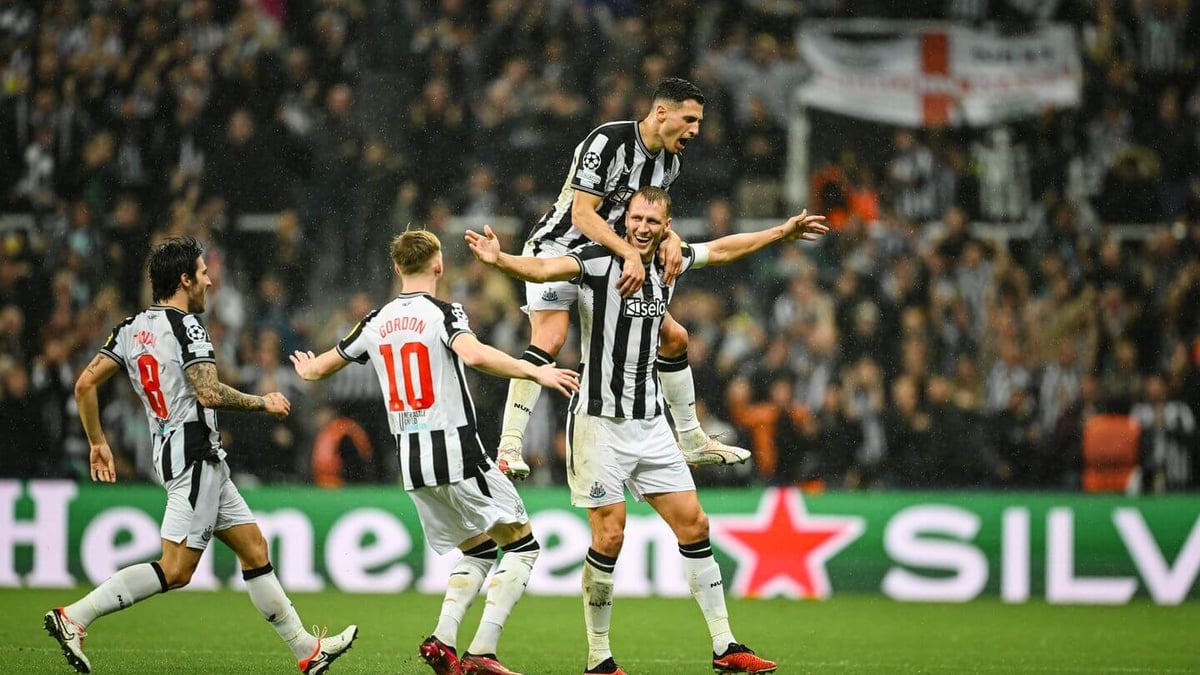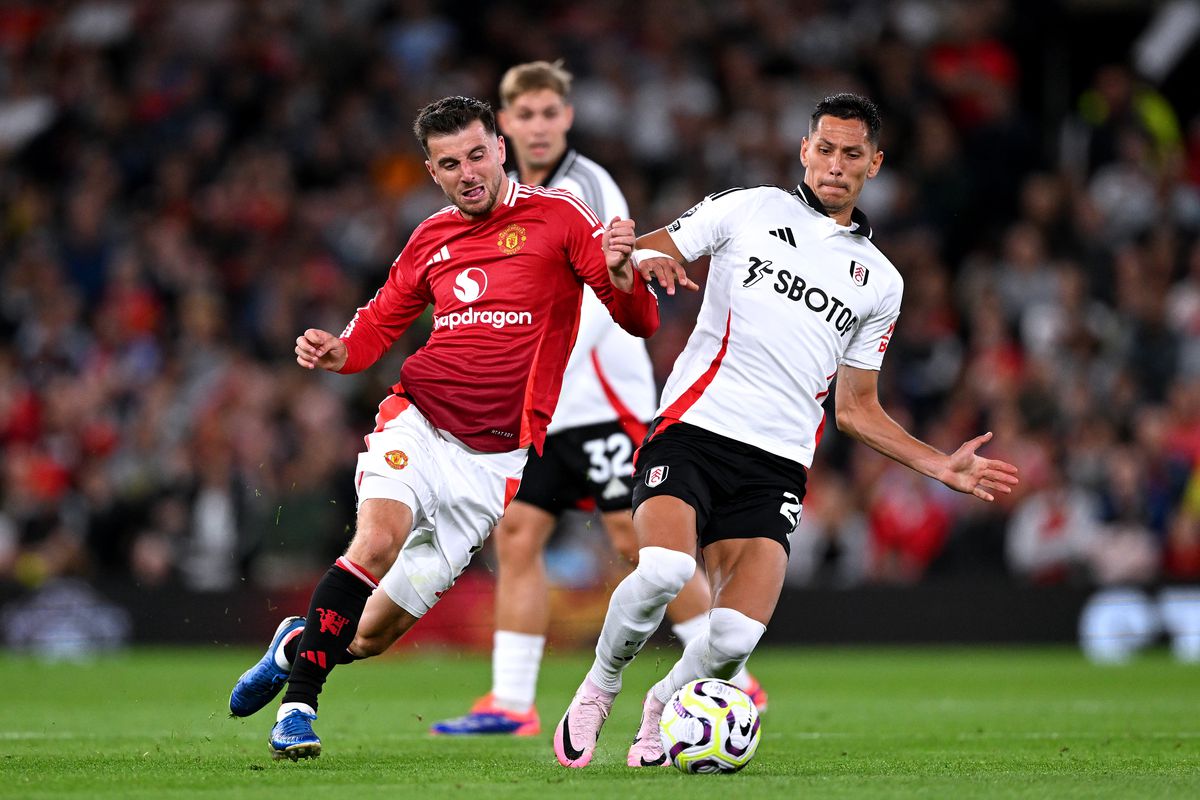The Ultimate Fighting Championship UFC has revolutionized the world of combat sports, evolving from a niche spectacle into a multi-billion-dollar global enterprise. With its electrifying bouts, iconic fighters, and unparalleled production value, the UFC has solidified itself as the premier organization in mixed martial arts (MMA).
This article explores the origins, evolution, and cultural impact of the UFC, highlights its greatest fighters, and looks at how it has shaped the landscape of modern combat sports
The Origins of the UFC
The UFC was founded in 1993 by Art Davie and Rorion Gracie as a platform to determine the most effective martial arts discipline in real-world combat. The first event, UFC 1, held in Denver, Colorado, showcased fighters from various disciplines, including Brazilian Jiu-Jitsu, boxing, and karate.
Key Features of Early UFC
- No weight classes or time limits.
- Minimal rules, focusing on pure combat effectiveness.
- Early dominance by Brazilian Jiu-Jitsu practitioners, particularly Royce Gracie, who won three of the first four tournaments.
While the initial events garnered attention for their brutality, they also faced criticism and regulatory scrutiny, prompting the to adopt stricter rules over time.
The Evolution of Mixed Martial Arts
Introduction of Unified Rules
In the late 1990s, the introduced the Unified Rules of MMA, establishing guidelines such as weight classes, five-minute rounds, and prohibited moves. This helped legitimize the sport and secure regulatory approval.
Zuffa Era
In 2001, the UFC was purchased by Zuffa LLC, led by Lorenzo and Frank Fertitta, along with Dana White as president. Under their leadership, the :
- Secured TV deals, including a breakthrough partnership with Spike TV for “The Ultimate Fighter.”
- Expanded globally, hosting events in Europe, Asia, and South America.
- Attracted top talent, creating household names like Chuck Liddell, Tito Ortiz, and Georges St-Pierre.
UFC’s Global Expansion
The UFC’s reach extends to nearly every corner of the globe, with events held in over 30 countries.
International Fighters
Stars like Anderson Silva (Brazil), Khabib Nurmagomedov (Russia), and Israel Adesanya (Nigeria) have expanded the UFC’s appeal beyond the United States.
Global Partnerships
The has partnered with broadcasters such as ESPN and international networks to bring its events to millions worldwide.
Performance Institute
In 2017, the opened the UFC Performance Institute in Las Vegas, providing world-class training and rehabilitation facilities for fighters. Additional institutes have since been established in Shanghai and Mexico City to support international talent.
Iconic UFC Fighters and Moments
Fighters Who Defined the UFC
- Conor McGregor: Known for his charisma and knockout power, McGregor became the first fighter to hold titles in two weight classes simultaneously.
- Ronda Rousey: The face of women’s MMA during its early years in the UFC, Rousey brought mainstream attention to the sport.
- Jon Jones: Arguably the most dominant light heavyweight in history, Jones remains a controversial yet legendary figure.
- Khabib Nurmagomedov: Retired undefeated with a 29-0 record, Khabib’s wrestling prowess made him a fan favorite.
Memorable Moments
- UFC 100: A landmark event featuring Brock Lesnar’s title defense and Georges St-Pierre’s dominance.
- McGregor vs. Diaz 2: One of the most thrilling rivalries in UFC history, culminating in a five-round war at 202.
- Holly Holm’s Upset: Holm’s knockout of Ronda Rousey at 193 shocked the world and changed the trajectory of women’s MMA.
The Impact of UFC on Combat Sports
Mainstream Popularity
The has successfully bridged the gap between combat sports and mainstream entertainment, attracting celebrity fans and high-profile endorsements.
Growth of MMA Gyms
The rise of the has led to an explosion of MMA gyms worldwide, introducing millions to martial arts training.
Inspiring the Next Generation
Young fighters now view the as the ultimate platform to showcase their skills, ensuring a steady influx of talent.
Controversies and Challenges
Fighter Pay
The UFC has faced criticism over its revenue-sharing model, with fighters earning a smaller percentage of profits compared to athletes in other major sports leagues.
Health and Safety
Despite advancements, MMA remains a dangerous sport, with ongoing debates about fighter safety and long-term health risks.
Drug Testing
The implementation of USADA (United States Anti-Doping Agency) testing has improved the sport’s credibility but also led to controversies over suspensions and policy enforcement.
FAQs About the UFC
1. What does UFC stand for?
stands for the Ultimate Fighting Championship, the leading organization in mixed martial arts.
2. How is the UFC different from other MMA promotions?
The is the largest and most recognized MMA organization, known for its top-tier talent, global reach, and high production value.
3. How are UFC champions determined?
Champions are crowned by winning title fights, which are typically five rounds, each lasting five minutes.
4. Who is the highest-paid fighter?
Conor McGregor is widely regarded as the highest-paid fighter, thanks to his fight earnings and sponsorship deals.
5. How can I watch UFC events?
UFC events are available on platforms like ESPN+ in the U.S. and various international broadcasters.
Conclusion
The has transformed MMA from an underground phenomenon into a globally recognized sport. Through innovative leadership, iconic fighters, and unforgettable moments, the continues to set the standard for combat sports organizations worldwide.











